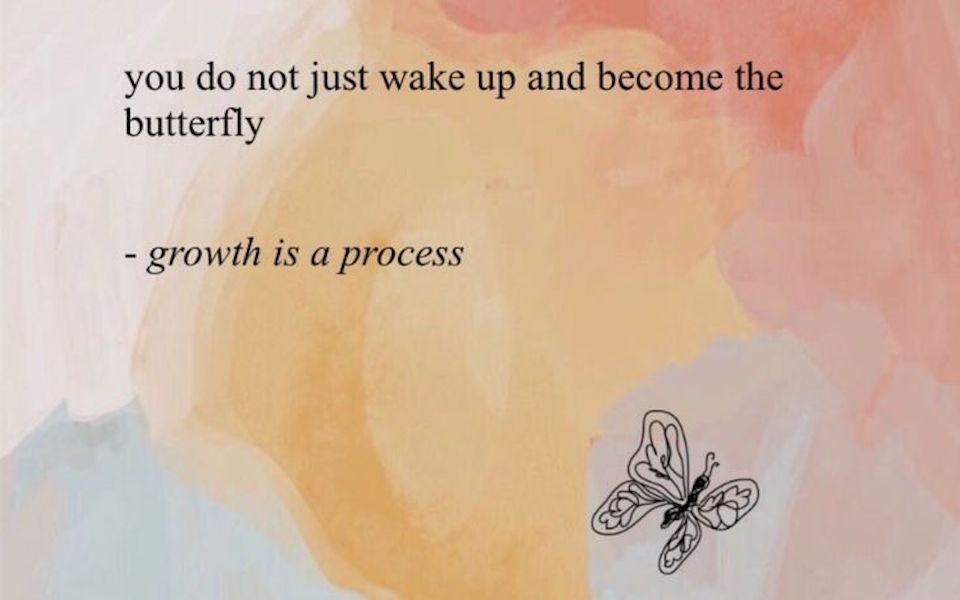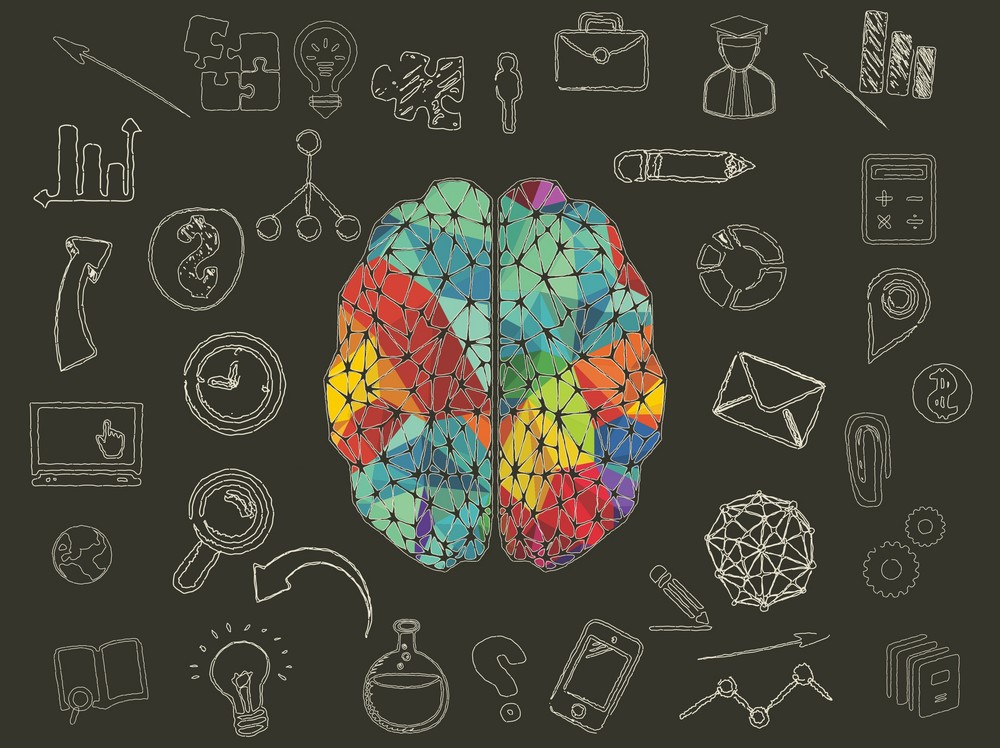Services

- Clients are required to attend an intake interview to determine a possible way forward pertaining to the assessment and/or intervention process.
- Quotation provided during the intake interview prior to assessment and therapeutic services delivered.
- Assessment services include a written report discussed during a follow-up session.
- All medical aids accepted with the exception of Gems and Medihelp.

Assessment & Therapy Terms
- Clients are required to attend an intake interview to determine a possible way forward pertaining to the assessment and/or intervention process.
- Quotation provided during the intake interview prior to assessment and therapeutic services delivered.
- Assessment services include a written report discussed during a follow-up session.
- All medical aids accepted with the exception of Gems and Medihelp.
Assessment

Scholastic Assessment
Assessment of cognitive potential and functional levels in literacy and numeracy. Psychometric tests focus on measuring reading, spelling, handwriting, verbal and concentration skills. The results are used to diagnose learning difficulties experienced by children and adolescents. Results usually include guidance regarding special accommodations and concessions such as additional time, amanuensis and reader’s during formal test and examination opportunities.

School Readiness Assessment
School readiness is a measure of how prepared a child is to succeed in school, cognitively, socially and emotionally. It also implies that the child has reached a certain stage in their development where formal education will be advantageous to the child. The recommendations are based on the results of a psychometric assessment. Thereafter, informed decisions can be made on how to proceed to support the child to reach their full learning potential.

Emotional Assessment
This assessment focus on social and emotional dynamics that contribute to a range of difficulties that young individuals experience. This type of assessment is usually needed when a child or teenager has difficulties with anxiety, anger, sadness and social interaction. The purpose of this assessment is mostly to gain insight into the different systems in a young individuals world and to evaluate the child’s experience of these systems. Moreover, the aim is to identify and understand the different factors contributing to the young individual’s experience in order to make the necessary changes that are in the best interest of the child.

Intellectual (IQ) Assessment
An intellectual assessment uses a standardized test to assess different facets of a person’s thinking ability or intelligence. This assessment is required to assess giftedness, intellectual disability and the possibility of a learning disorder.

Irlen Method® Assessment
An Irlen Method® assessment includes an intake form, diagnostic screening session and colour overlay identification, as well as a written report with results and suggestions for screen modifications, at-home intervention techniques and classroom accommodations.
The method uses plastic sheets (known as colour overlays) as well as colour filters (worn as glasses) to reduce and/or eliminate perceptual difficulties associated with Scotopic Sensitivity Syndrome (also known as Irlen Syndrome). This is not a “hardware” difficulty – involving a physical handicap having to do with sight and/or vision. It is a “software” difficulty involving visual perceptual processing skills. Difficulties associated with the syndrome include light sensitivity, text distortions (words appear to move, blur and change), reading difficulties, headaches, eye strain and distractibility.
Treatment is also included in the assessment process, as the educational psychologist determines and provides the specific colour that an individual needs to correctly interpret visual information, by normalising the timing of visual input. There is no need for weekly sessions as the individual uses non-invasive intervention resources in their everyday lives, in the form of colour overlays for electronic screens, educational story books, Irlen® colour A4 pukka pads, A4 and A3 lined/unlined colour tinted exercise books, tilted book stands, Irlen® colour overlays, thumb holders and colour tinted reading strips. The resources provide immediate improvement for work speed, mathematical performance, concentration, reading comprehension, academic performance, sensory integration, memory, spelling, copying, study skills, computer use, music ability, eye tracking as well as reading flow, accuracy, fluency and duration, by minimising the distortions perceived on print.

Career Assessment
Although a career choice is one of the central tasks of most individuals lives it can be extremely difficult to find the space and energy to focus on one’s true career aspirations. As such, it might be valuable to invest in a career assessment that is suitable for individuals at any stage of their career. As each assessment is tailored to individual needs, one of the goals of this assessment can be to support individuals to make informed decisions regarding subject choices. The assessment can also include additional tests pertaining to study skills. The tests employed during this specific assessment process support individuals to find careers that match their personality, talents, aptitude and interests. Moreover, the results define career priorities and provide practical steps to transform individuals working lives.

Personality Assessment
Personality assessment is a method of assessing human personality constructs. The results provide information pertaining to client’s strengths, weaknesses, romantic relationships, parenthood and career paths.
Therapy
Consulting a psychologist should be as accessible and as normal as getting a haircut, going to the gym or getting help for a physical problem. Just as we take care of our bodies and physical health a vital element of self-care is devoting focused time and energy to exploring and understanding our thoughts and feelings.
Therapy isn’t for the select or distressed few but for everybody. To help dispel the slight taboo which surrounds it, the psychologist created a welcoming home for intervention services when clients feels stuck in a rut, are anxious about their relationships or simply unsure about what is going on in their life.
A one on one session allows an objective, non-judgmental space in which young individuals can share freely and openly about their concerns, guided with valuable insight from a trained psychologist.

Individual Psychotherapy
Modern life can keep us so busy that we forget (or avoid) the essential need to stop and check in with ourselves in order to take care of our own needs. Individual therapy is a joint process between a therapist and a person in therapy. Therapy aims to improve an individuals’ well-being and mental health. Clients are provided with the opportunity to explore and understand their internal thinking processes and feelings. Clients learn to use these insights to achieve real life objectives that they set for themselves.
Whatever is going on in young individual’s lives such as entering a period of transition or improving their relationships the psychologist provides a space for conversation that is marked by respect and understanding. Should the young individual experience a need for self-improvement or additional support to deal with a serious difficulty, the psychologist provides a collaborative space to support the individual to increase their enjoyment of life.

Play Therapy
During these sessions the psychologist responds to the emotional health of children. As children generally do not have fully developed emotive language, they participate in play activities to make themselves understood. This type of intervention is acknowledged by experts as an effective and suitable intervention dealing with children’s development.

Study Skill Counselling
Sessions support individuals to use effective study habits and methods to increase their learning and academic performance. Active listening, reading comprehension, note-taking, stress management, time management, test taking and memorization are only a few of the topics addressed in the study skill counselling sessions.

Career Counselling
Career counselling is a process in which psychological assessments are used to enable clients to make informed decisions about their future or current career prospects. Sessions focus on career guidance designed to help with choosing, changing and leaving a career. Sessions are available at any stage in life.

MEDICAL AIDS ACCEPTED
Should you require additional information or would like to schedule an appointment contact Dr. Melanie Axford
WhatsApp/Sms | 084 440 4069

